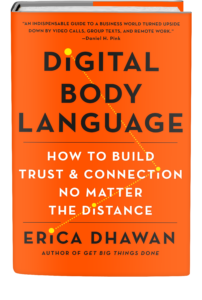Let’s start with the definition of the word fellowship according to the Oxford English Dictionary.
fel·low·ship n.
1.a. The condition of sharing similar interests, ideals, or experiences, as by reason of profession, religion, or nationality. b. The companionship of individuals in a congenial atmosphere and on equal terms.
2. A close association of friends or equals sharing similar interests.
3. Friendship; comradeship.
4.a. The financial grant made to a fellow in a college or university.b. The status of having been awarded such a grant. c. A foundation established for the awarding of such a grant
There are large-scale myths that surround how people think about themselves and their work when applying to fellowships. Most major award structures are set up to reward individuals. Some of the most famous fellowships: MacArthur Genius Grant Winner, Rhodes scholars, and TED fellows all award one single person. Most of the time, these individuals were not alone in their ground-breaking work. They teamed up with many others along the way, partnering and collaborating to come up with great ideas. The word fellowship embodies this comradeship, yet the awards structure ends up creating a individualistic view of accomplishments.
In the workplace, company’s evaluation and promotion practices encourage an assumption that employee’s time is dedicated to a company. Yet time is not infinite, it is scarce and shared across employees.
What if there were more fellowships that really promoted and incentivized team building? How do we change the award system and build the awareness that we need help and to acknowledge others? What if this shift could promote the collaborative leadership to design the most important work of our time?

Speak Your Mind